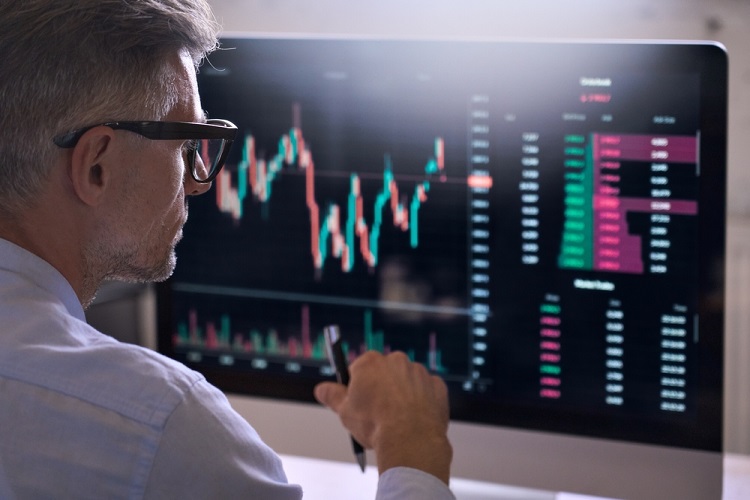Are you interested in generating revenue through direct investments? Futures trading may be the answer you’re looking for. Trading futures involves participating in the movement of commodities contracts and other derivatives, allowing you to speculate on price movements and potentially reap returns from successful trades.
While risks are involved with futures trading, it can also be a gratifying experience if done correctly—and with the proper understanding, knowledge, and tools at your disposal. In this article, we will guide you on how to get started as a trader who specifically wants to enter into Hong Kong (HK) markets without any prior forex or securities trading experience.
Table of Contents
Understand the basics of futures trading – what are they, and how do they work
Futures trading is a financial concept that allows individuals and companies to speculate on the future value of a particular asset, such as a commodity or stock. Essentially, a futures contract is a legal agreement between a buyer and a seller to exchange the underlying asset at a specified future date and price. Futures traders use this instrument to hedge against potential price fluctuations in the market or to speculate on price movements.
Although futures trading is complex and volatile, understanding its basics can be a valuable investment tool for individuals and businesses. Whether you are a seasoned investor or a curious beginner, studying the ins and outs of futures trading can open new doors for your financial future. Saxo Hong Kong has a range of tools to help you get started.
Familiarise yourself with the different types of futures contracts
Before delving into futures trading in Hong Kong, it is essential to understand the different types of futures contracts available. These include commodities, currencies, interest rates, and stock index contracts. Each type has unique characteristics and requires a specific level of knowledge and expertise to trade successfully.
Commodities contracts involve buying or selling physical goods such as oil, gold, or rice at a future date. Currencies and interest rate contracts, on the other hand, involve speculating on the future value of currency exchange rates and interest rates, respectively. Lastly, stock index contracts allow traders to speculate on the overall performance of a particular stock market index.
Research the different exchanges and platforms available for HK traders
In Hong Kong, futures trading is primarily conducted through two leading exchanges: The Hong Kong Futures Exchange (HKFE) and the Chinese Financial Futures Exchange (CFFEX). These exchanges offer a variety of futures contracts for traders, including stock index, interest rate, currency, and commodity contracts.
Additionally, there are also various online platforms available for HK traders to engage in futures trading. These platforms offer a more convenient and accessible way to trade, as they can be accessed from anywhere with an internet connection. It is essential to research and compare these platforms to find the one that best suits your trading needs.
Choose a brokerage firm that offers competitive fees and commissions
Once you have familiarised yourself with the basics of futures trading and the different types of contracts available, it is crucial to select a reputable brokerage firm. A brokerage firm acts as an intermediary between the trader and the exchange, executing trades on behalf of the client.
When choosing a brokerage firm, consider factors such as fees and commission rates, trading platforms offered, customer service quality, and the firm’s overall reputation. It is also essential to research the trading tools and resources provided by the brokerage firm, as these can significantly impact your trading experience.
Open an account with your broker and fund it with enough capital to start trading
After selecting a brokerage firm, the next step is to open an account with them. During this process, you must provide personal information and complete the necessary paperwork. Once your account is opened, you can fund it with enough capital to start trading.
It is crucial to keep in mind that futures trading has high leverage, which means that traders only need to deposit a small portion of the contract’s entire value in order to make a deal. Not only may it lead to large profits, but it can also amplify losses. In order to minimize risks, it is essential that you properly maintain and keep an eye on your account balance.
Develop a trading plan that outlines your objectives, timeline, strategies, and risk management
Having a well-defined trading plan is essential for success in futures trading. This plan should outline your objectives, timeline, strategies, and risk management techniques. Your objectives may include specific financial goals or desired returns on investment. The timeline should detail when you plan to enter and exit trades.
Regarding strategies, it is crucial to have a clear understanding of the market and employ fundamental and technical analysis techniques to inform your trading decisions. Additionally, having a risk management strategy in place is crucial to protect yourself from potential losses and mitigate risks.

